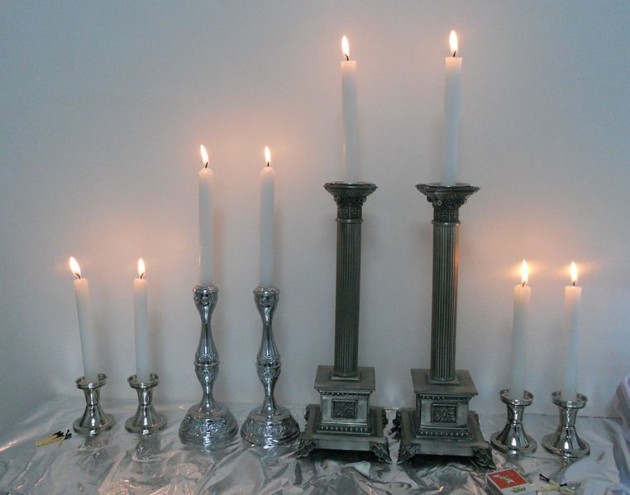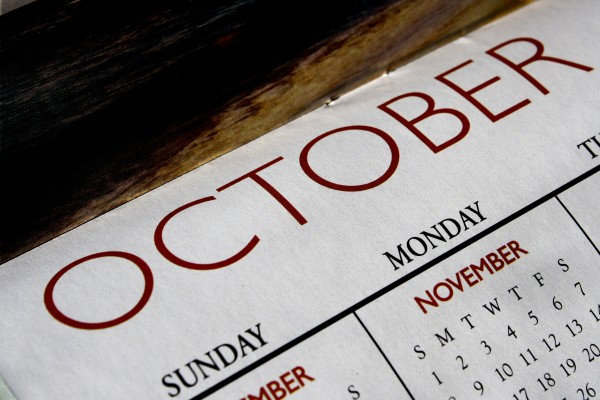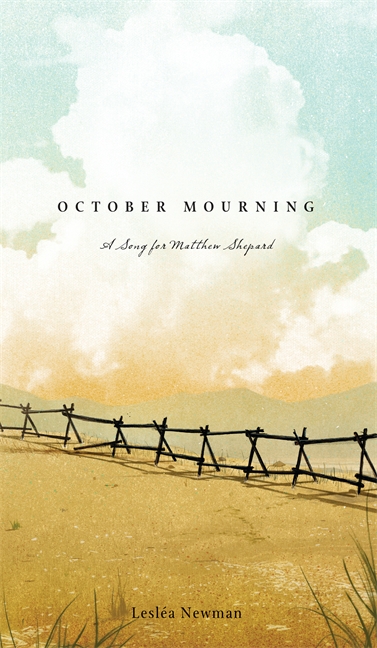Author Archives: Helene Meyers
June 1, 2015 by Helene Meyers
“Félix and Meira”: Flawed Flick Worth Watching
“Félix and Meira,” directed by Maxime Giroux, is a slow film, at times excruciatingly so. Its box office sales are unimpressive, and I watched it in Austin, Texas, in an almost empty theater. While it won Best Canadian Feature Film at the Toronto Film Festival, it is getting decidedly—and deservedly—mixed reviews. Yet it is one of those flawed films that gets under your skin in good and stimulating ways.
Meira, a.k.a. Malka, is a religiously and sensually restless Hasidic woman. Although she’s supposed to fulfill the commandment to be fruitful and multiply (bearing six to fourteen children is the norm in her community), she gives birth to one daughter and then surreptitiously takes birth control pills. Although her husband disapproves, a recording of Wendy Rene’s “After Laughter” rather than Jewish prayer feeds her soul. And as she holds her daughter, she draws miniatures with intensity. Her sketching attracts the attention of Félix, a secular single man who has been estranged from his father for a decade but returns home as the patriarch lay dying. Félix, too, sketches both his ideal and broken world. A relationship develops between these two lonely people that spans not only the Montreal neighborhood that they initially share, but also Hasidic Brooklyn, Manhattan, and Venice.
Hadas Yaron, who plays Meira, is as arresting here as she was in the visually stunning “Fill the Void.” Her eyes become a vehicle for conveying a complex narrative of conditioned feminine modesty, desire, confusion, and grief. Refreshingly, mothering is neither exalted nor degraded here. Although Meira does not want a brood and is often shot hunched over the carriage she pushes through the grey, wintery streets of Montreal, she also derives much joy from her daughter. Her husband tells Félix that if she and he go off together, his daughter will grow up without a mother. However, Meira thwarts that scenario with a photo shoot that we retrospectively understand as a plan for her daughter’s passport.
- No Comments
January 16, 2015 by Helene Meyers
Keeping the Sabbath Post-Hyper Cacher
 I’m writing this to honor the memory of Yohan Cohen, Yoav Hattab, Phillipe Barham, and Francoise-Michel Saada, the French Jewish men who were shopping at the Hyper Cacher in Paris and were murdered by terrorists. Note that I’m not identifying the murderers by name, nor their purported political or religious agendas; there already is and will continue to be plenty of virtual ink spilled on them. No, this is a piece of mourning and an effort to understand and articulate the profundity of the grief that many Jews around the world are feeling right now.
I’m writing this to honor the memory of Yohan Cohen, Yoav Hattab, Phillipe Barham, and Francoise-Michel Saada, the French Jewish men who were shopping at the Hyper Cacher in Paris and were murdered by terrorists. Note that I’m not identifying the murderers by name, nor their purported political or religious agendas; there already is and will continue to be plenty of virtual ink spilled on them. No, this is a piece of mourning and an effort to understand and articulate the profundity of the grief that many Jews around the world are feeling right now.
As a feminist, I’m a firm believer in the quotidian and what it signifies. Who does the dishes, who cooks the meals, who buys or bakes the bread, who talks and who is silenced, whose daily lives and deaths are worth recording speak volumes about the world and its values. Traditional Judaism also places great faith in the quotidian. What is often categorized by Jews and non-Jews alike as stringent rules and regulations (or, even less charitably, as obsessions of observance) is fundamentally a world view that the rhythms of daily life and bodies matter and should not be taken for granted. That’s why there are prayers associated with such mundane activities as awakening to a new day, going to the bathroom, baking challah, and consuming food mindfully. Regard for the seeming trifles of everyday life is one of the many places where Judaism and feminism can and do meet.
As the siege at Hyper Cacher (in English, super kosher) unfolded, those who know the rhythms of Jewish time understood that this market would be full of people preparing for the sabbath. They would be shopping for the food that would grace sabbath tables, paradoxically doing the seemingly mundane work that enables a respite from the quotidian and hopefully reaffirms the connections between the trifles of everyday life and the transcendent.
- 1 Comment
October 3, 2014 by Helene Meyers
Jewish Calendar Talk

http://www.photos-public-domain.com
My high-school educated mother came of age in the days when “gentleman’s agreements” limited Jews’ access to higher education, housing, and the professions. One of her formative experiences was an interview at what we would now call a major telecommunications corporation. A clerical position with a decent salary, benefits, even vacation, it was a “good job” for a woman with limited education. However, there was one catch: she had to work on Rosh Hashanah and Yom Kippur. She didn’t have a great deal of formal education but she was no dummy–she knew that this was a less than subtle way to keep Jews out of that particular workplace. Having been raised in an Orthodox household, she also knew that the choice offered was no choice at all.
We rightfully celebrate that Jews now have full access to higher education, housing, and the professions. But I wonder if we fully appreciate how, at the holiest time of the Jewish year, Jews are still routinely, subtly and powerfully required to make choices between their Jewishness and their wholesale belonging in various professional, communal, and organizational worlds. Look at all sorts of calendars (and our rationalizations for them) and you have an important Jewish story in the 21st Century.
One place to start might be an international body, the United Nations. For some odd reason, the Jewish High Holidays are not on their list of official holidays. Of course, Christmas and Good Friday grace that list; Eid al-Fitr and Eid al-Adha were happily and rightfully added in 1998.
- 3 Comments
April 23, 2013 by Helene Meyers
Yentl, Me, and 1983
 Yesterday, April 22, Barbra Streisand received the Film Society of Lincoln Center’s Chaplin Award. In announcing the award on behalf of the Film Society, Ann Tenenbaum cited Yentl as representative of Streisand’s achievement, a “milestone film.” Yentl was the first flick to have an American woman serve as writer, director, producer, and star. But Yentl also was and is a milestone film because it gave voice, loudly and unrelentingly, to the frustrations and longings keenly felt by a generation of smart, mouthy Jewish women. Born of the old world, Yentl spoke to new world Jewish feminists.
Yesterday, April 22, Barbra Streisand received the Film Society of Lincoln Center’s Chaplin Award. In announcing the award on behalf of the Film Society, Ann Tenenbaum cited Yentl as representative of Streisand’s achievement, a “milestone film.” Yentl was the first flick to have an American woman serve as writer, director, producer, and star. But Yentl also was and is a milestone film because it gave voice, loudly and unrelentingly, to the frustrations and longings keenly felt by a generation of smart, mouthy Jewish women. Born of the old world, Yentl spoke to new world Jewish feminists.
Of course, long before Yentl, Babs had become an icon for Jewish women. A great deal of attention has been paid to the ways in which Streisand made Jewish beautiful. While some of us don’t regard her being featured on the cover of Playboy in 1977 as a compliment, her refusal of nose and surname changes have always been cause for kvelling. The drama of her hair from wild Jewfro to WASPY wisps and back again in The Way We Were struck some of us as a form of talking back to culturally dominant standards of beauty (and I know that I’m not alone in thinking that she was more beautiful before her makeover in The Mirror Has Two Faces). Those of us who hail from Brooklyn, Babs’s old stomping ground and the site of her recent Barclays Center homecoming, also felt the power of identification born of Jewish geography. But Yentl was different. That milestone film indirectly projected on-screen the experience of a generation that was confronting and transcending the impediments to living a full intellectual and spiritual Jewish life.
Yentl came out in 1983. Just a year earlier, I had been a college senior. The director of Hillel, who was also my academic advisor, recommended that I attend an institution where I would be likely to find a nice Jewish husband who would give me the Jewish children I had a responsibility to bear to counter the genocidal work of Hitler. I refrained from cursing this kosher pig out loud, but I left that office feeling at odds with my tribe and wondering whether feminism and Jewishness might be another marriage I didn’t want–or worse, couldn’t have.
- No Comments
September 24, 2012 by Helene Meyers
Memory and Teshuva: A Review of October Mourning
 Leviticus 18, which deems men lying with men an abomination, has traditionally been part of the Yom Kippur service. Many congregations today opt for a substitute for this oft-quoted but underhistoricized text that has contributed to diverse forms of religious and secular homophobia. Whether we reject, historicize, or transform the meaning of these words that have hurt, we should relish opportunities to communally atone for complicity with traditional and contemporary forms of hate. Lesléa Newman’s October Mourning: A Song for Matthew Shepard, scheduled to be released on Erev Yom Yippur, is a “historical novel in verse” that inspires cultural memory and teshuva.
Leviticus 18, which deems men lying with men an abomination, has traditionally been part of the Yom Kippur service. Many congregations today opt for a substitute for this oft-quoted but underhistoricized text that has contributed to diverse forms of religious and secular homophobia. Whether we reject, historicize, or transform the meaning of these words that have hurt, we should relish opportunities to communally atone for complicity with traditional and contemporary forms of hate. Lesléa Newman’s October Mourning: A Song for Matthew Shepard, scheduled to be released on Erev Yom Yippur, is a “historical novel in verse” that inspires cultural memory and teshuva.
This slim but powerful volume of poems is divided into four parts. The prologue, a single poem titled “The Fence,” gives voice and perspective to an inanimate object, an innovative feature of this collection reminiscent of the talking bus and washing machine in Tony Kushner’s Caroline, or Change. After Matthew Shepard’s persecutors beat him, they tied him to a fence and left him for dead. This poem personifies the fence, clearly identified with the victim, before it became part of a hate crime: “will I always be out here/exposed and alone?”
- 1 Comment
 Please wait...
Please wait...